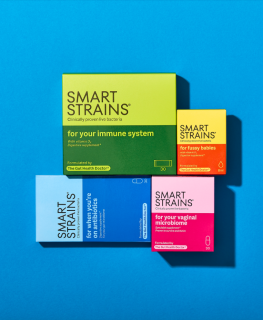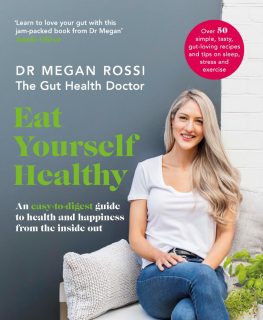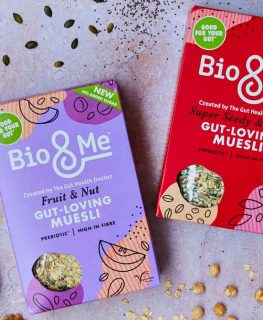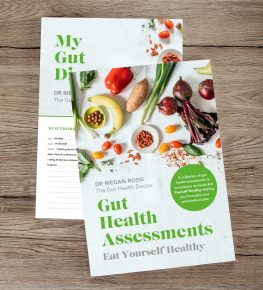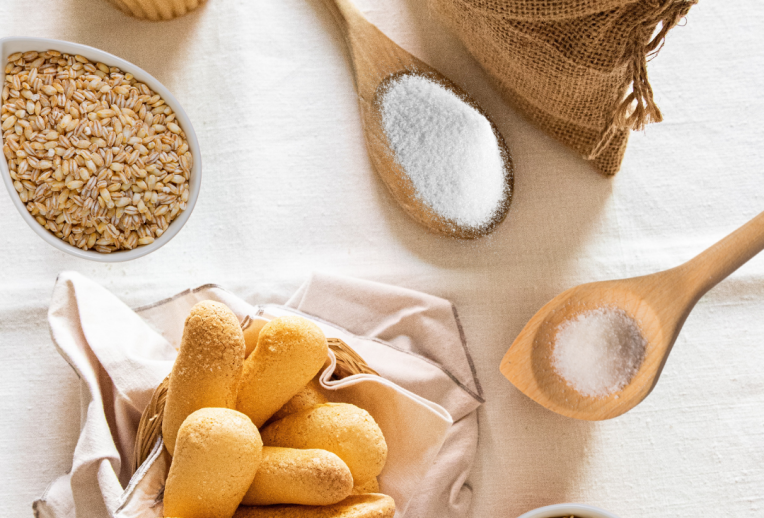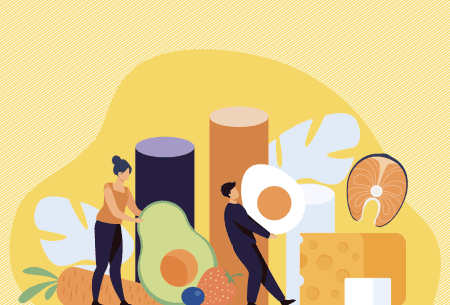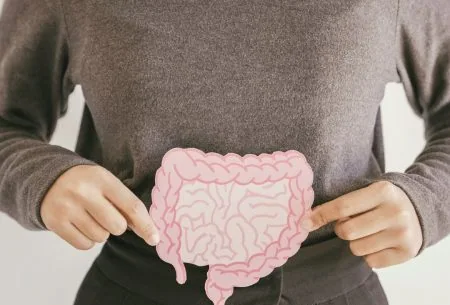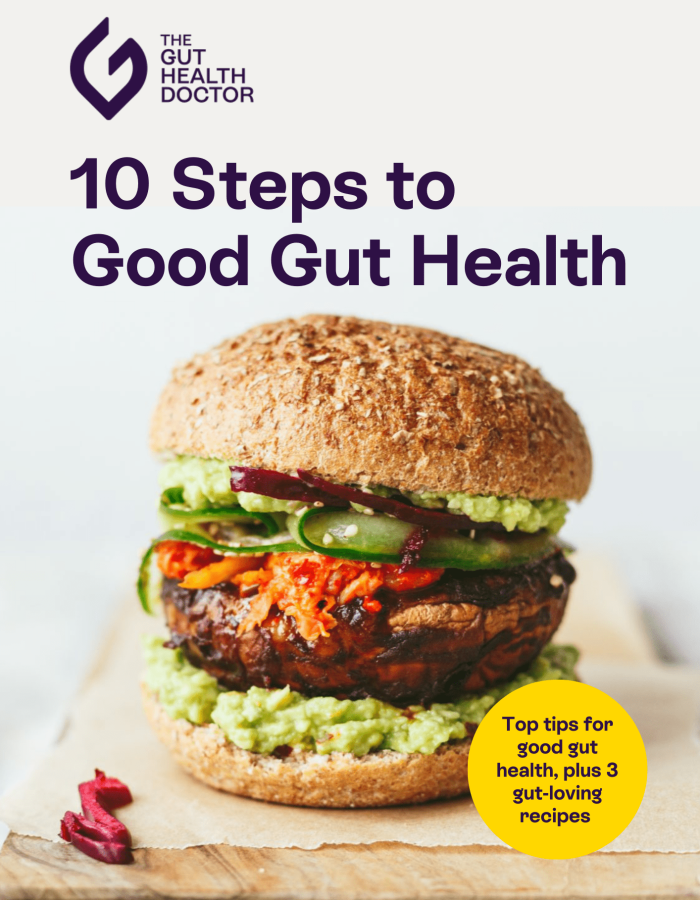Heard of the GAPS diet? It stands for the “Gut and Psychology Syndrome” diet and it’s essentially a restrictive diet that’s controversially been promoted as helping brain conditions, like autism, as well as others such as ADHD and even depression.
It’s based on a theory that having a ‘leaky gut’ allows toxins to enter the blood, leading to conditions that affect the brain. Its creator claims the diet ‘heals’ the gut, recommending people cut out grains, dairy and starchy vegetables.
There are some pretty bold claims around the potential benefits (such as reducing ‘toxicity’ and ‘curing’ autism in children…) BUT there is NO scientific evidence that following the GAPS diet has any health benefits and taking such a restrictive approach could actually do more harm than good. So it’s not something I’d recommend!
Here’s why…
- ‘Leaky gut’ is not a diagnosis! From time to time, the tight junctions that make up our gut lining can get a little weaker temporarily (increasing our gut permeability or ‘leakiness’), without health consequences. In fact, the stress caused by trying to follow such restrictive rules could lead to more leakiness! The good news is that your gut typically recovers when you take away the cause (i.e. de-stress).
- You don’t need to eliminate foods or ‘detox’ to ‘heal’ the gut. Our body’s detoxifying organs – the liver, kidneys, lungs, gut, and skin – have the process down to a finely tuned art. We are our own experts in removing waste products from our body, and our organs do it constantly in the background as we live our daily lives, without the need or “help” of extreme diets.
- Restrictive diets can starve your body and cutting out foods could be bad for your health. This is important throughout our lives, but is particularly during childhood (when the GAPS diet is often recommended) as not getting the right nutrition can affect growth and development! For good gut health, the goal is diversity not restriction. Eating a diet rich in a variety of plant-based foods (including those demonised by the GAPS diet) supports the development of a more diverse GM. Remember, the more diverse our microbes are, the more ‘skills’ they have to support our overall health.
- Wholegrains are packed with fibre and studies show they may reduce the risk of several diseases – including type 2 diabetes, heart disease and colon cancer. Wholegrains are also linked with a lower risk of breast cancer.
- Diet is only one piece of the puzzle in complex conditions like autism and mental health issues. Current scientific evidence shows that rather than restricting our diets, focusing on eating more plants could reduce the risk of and even help to prevent some mental health issues that the GAPS diet claims to cure.
There is one potentially positive feature of the GAPS diet – and that’s the recommendation to enjoy fermented foods. Full disclosure: there’s very little evidence to confirm the beneficial effects of fermented foods in human studies, however there is some good evidence when it comes to fermented dairy such as live yoghurt. Anecdotally, I’ve seen first-hand the potential benefits and do tend to recommend incorporating fermented foods in people’s diet at least 2-3 times per week where tolerated.
Take home
Our understanding of the relationship between our gut, brain and mental health is still at the new, exciting and so-much-still-to-learn stage. So far, it’s looking like dietary diversity really is key. So, my advice? Rather than thinking about what you might need to cut out, think about what you can ADD IN! More plants, more fibre, more flavour.
Photo credit: https://www.woodenearth.com/co
